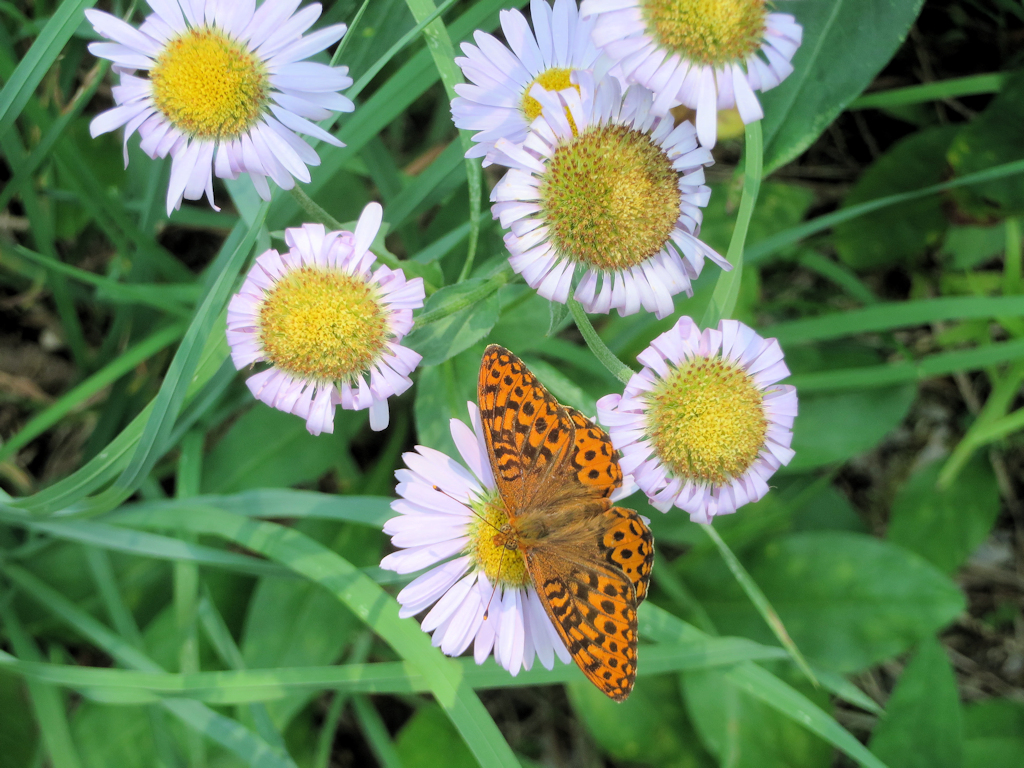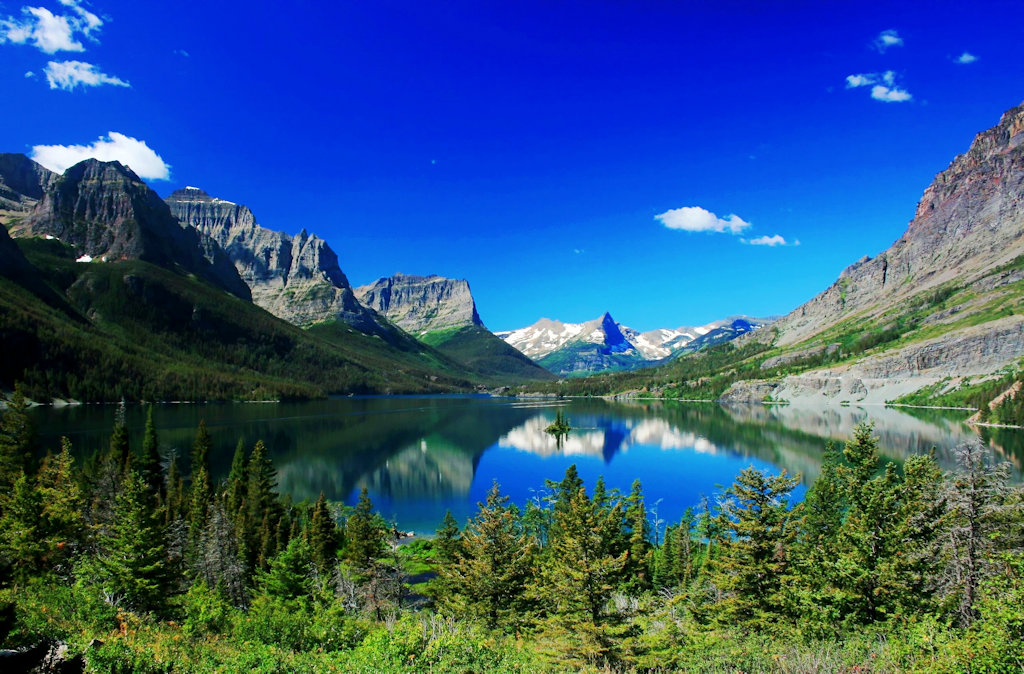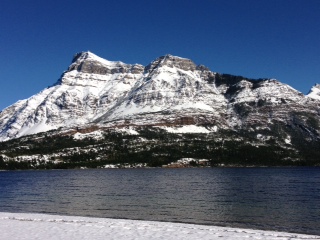 From the official press release . . .
From the official press release . . .
The Crown of the Continent Research Learning Center (CCRLC) is pleased to announce its inaugural Waterton-Glacier Butterfly BioBlitz July 10th and 11th at Glacier and Waterton Lakes National Parks. Visitors will work alongside taxonomic experts to document butterfly diversity, and learn more about butterflies, and other lepidopterans in the Crown of the Continent. Participants will use the iNaturalist app to record field observations, and are encouraged to download the app prior to the event.
Glacier National Park’s Butterfly BioBlitz will be July 10th from noon to 3:00 pm at both Apgar Village, and Two Medicine. Participants are not required to stay until the close of the event. The event is free, and open to people of all ages, and skill levels. Registration is required. Visit https://www.nps.gov/rlc/crown/bioblitz.htm to register. Contact CCRLC at (406)-888-7944 or email Evan Portier at evan_portier@nps.gov for more information.
Waterton Lakes National Park’s Butterfly BioBlitz will be July 11th from 11 am to 5 pm. Contact william.greene@pc.gc.ca for more information. Remember to bring a valid passport if traveling across the border.


